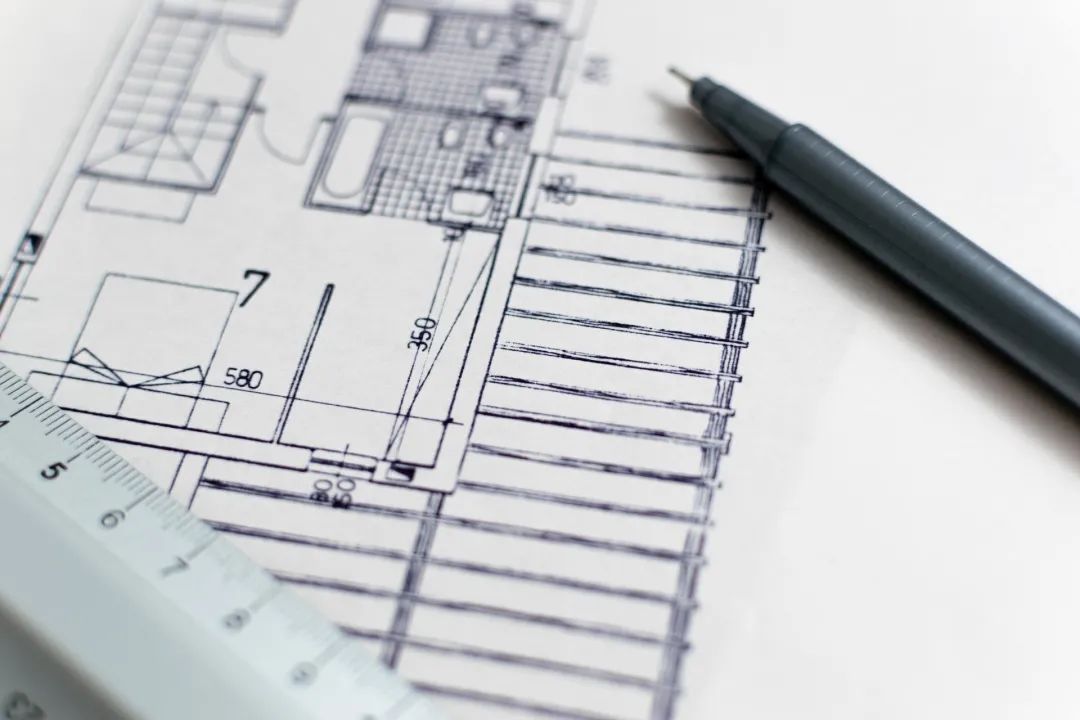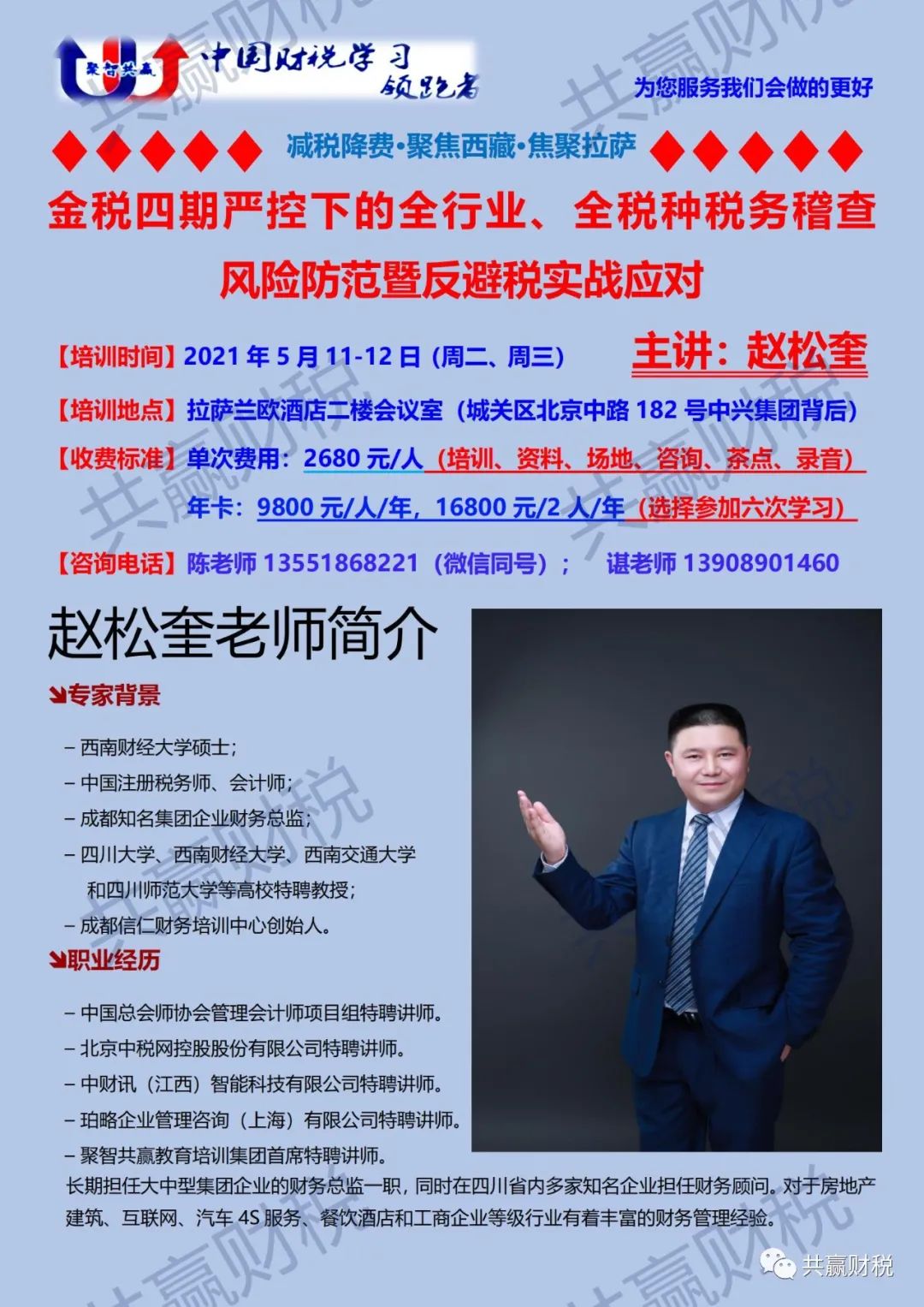3.
2.
There are two main types of typical force majeure: 1.
Force Majeure The unforeseen causes of liability for ordinary people are partially foreseeable, avoidable, and insurmountable, and cannot be widely applied.
In the field of tort liability, the types of excluding force majeure stipulated by law mainly refer to some types of non fault liability.
.
Natural disasters.
Accidents, sharp changes in the socio-economic situation, soaring prices, severe currency devaluation, financial crises, and changes in national policies.
Not all natural disasters in TIPS can be regarded as force majeure reasons for exemption.
Secondly, the determination of fault can only serve as a direct basis for excluding force majeure, and the absence of fault does not necessarily constitute force majeure.
Scope of Application Legal exemptions apply to both contractual and tort liability.
In tort liability, it can be applied to fault liability, fault presumption liability, and non fault liability.
“If the party unable to fulfill its obligations and obtains evidence in accordance with the law, it may be exempted from liability for breach of contract and directly notify the other party to terminate or modify the contract.”.
“Change of circumstances” refers to the change of circumstances after the effective establishment of a contract due to reasons not attributable to both parties, resulting in the foundation of the contract being shaken or lost.
It is a small probability event that cannot be predicted and avoided under normal circumstances.
Even agreeing to change or terminate the contract does not automatically exempt the liability for compensation or compensation.
“The contract can still be performed, but the performance of the contract is too difficult or too costly, and therefore significantly unfair to one party.”.
Both require an objective situation that is “unpredictable, unavoidable, and insurmountable”, so the “situations” of the two often overlap.
Traffic accidents, which are not ordinary causes of civil liability, are typical accidents.
However, there are still the following differences between the two:_ Change of force majeure situation 1.
If the parties can foresee the occurrence of an event, even if the event hinders the performance of the contract, it cannot constitute force majeure.
The contract cannot be performed due to the direct consequences, including total and partial impossibility, permanent impossibility, and temporary impossibility.
Article 590 of the Contract Part of the Civil Code stipulates that if force majeure occurs after a party’s delay in performance, it cannot be exempted from liability.
Objectively represent the irresistible natural forces of human resources, such as natural disasters and social abnormal events.
The parties cannot make their own decisions and must apply to the people’s court or arbitration institution for a decision.
However, it should be noted that if there are specific provisions regarding the application of force majeure in relevant laws, regulations, and judicial interpretations, such provisions shall prevail.
“Inevitable and insurmountable objective conditions: The parties concerned have made their best efforts and taken all possible measures, but still cannot avoid the occurrence of an event or overcome the harmful consequences caused by the event.”.
TIPS efforts and measures refer to legal acts recognized as economic means, excluding unethical, illegal, and criminal acts.
Nature of Rights of the Parties The right of the parties to delay, partially perform, or terminate the contract is the right of formation, without the consent of the other party.
“First of all, the determination of fault must be based on objective criteria, requiring the parties to submit evidence to prove it or based on the rational determination of ordinary people.”.
03 Force Majeure vs Accident? “Accident” refers to an accident that does not occur accidentally due to the intentional or negligent actions of the parties involved.
The standard for measuring the degree of economic means achieved is to determine the minimum standard of insurmountability that the debtor can achieve to a certain extent by comparing the cost of performance of the debtor with the income of the creditor.
02 What are the characteristics of force majeure? “Unforeseeable Force Majeure is an unforeseeable objective situation that, according to the current level of technology, ordinary people cannot predict the occurrence of certain events.”.
However, the owner of the accident will not be exempted from liability for compensation, and if the vehicle damage is caused by flooding the parking lot, the parking lot manager will not be liable for vehicle damage.
The main contents are as follows: 1.
2.
If the judge rejects the request, the contractual obligation shall still be fulfilled.
5.
Specifically, it refers to events caused by group political behavior in society, such as wars, strikes, riots, riots, etc.
04 Force Majeure VS Change of Circumstances? Changes in Circumstances Article 533 of the Civil Code After the establishment of the contract, significant changes in the basic conditions of the contract that were not foreseeable by the parties at the time of concluding the contract and were not considered commercial risks occurred.
Specifically, it includes earthquakes, tsunamis, typhoons, floods, debris flows, etc.
Some minor natural disasters that do not have a significant impact on the performance of the parties’ obligations do not constitute force majeure.
Social abnormal events.
Issues that should be paid attention to in the trial practice of force majeure According to Article 180 of the Civil Code, except for special exclusions provided by law, force majeure can be applied to both tort liability and liability for breach of contract.
If it is obviously unfair to continue to maintain the original effectiveness of the contract, it is allowed to change the contract content or terminate the contract.
If continued performance of the contract is obviously unfair to one party, the adversely affected party may renegotiate with the other party; “If consultation fails within a reasonable period of time, the parties may request the people’s court or an arbitration institution to modify or terminate the contract.”.
The essence of the principle of contract performance is to enable the parties to have the right to request modification or termination of the contract.
What can you think of when it comes to “force majeure”? Is force majeure an accident? What is the relationship between force majeure and changes in circumstances? 01 What is force majeure? The term “force majeure” refers to unforeseeable, unavoidable, and insurmountable objective circumstances at the time of conclusion of a contract.
The court must be requested to make a decision.
The people’s court or arbitration institution shall modify or terminate the contract in accordance with the principles of fairness in light of the actual situation of the case.



